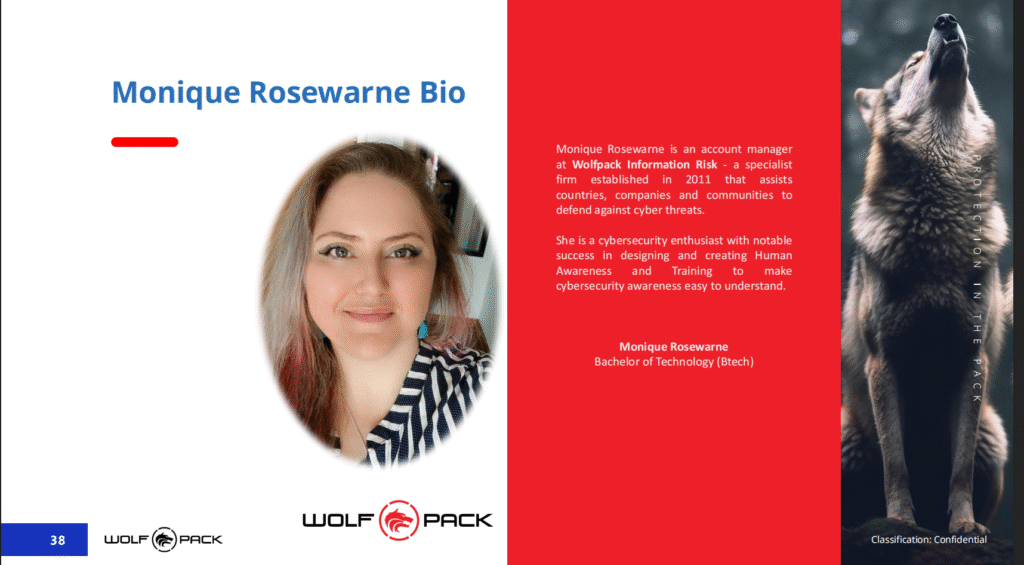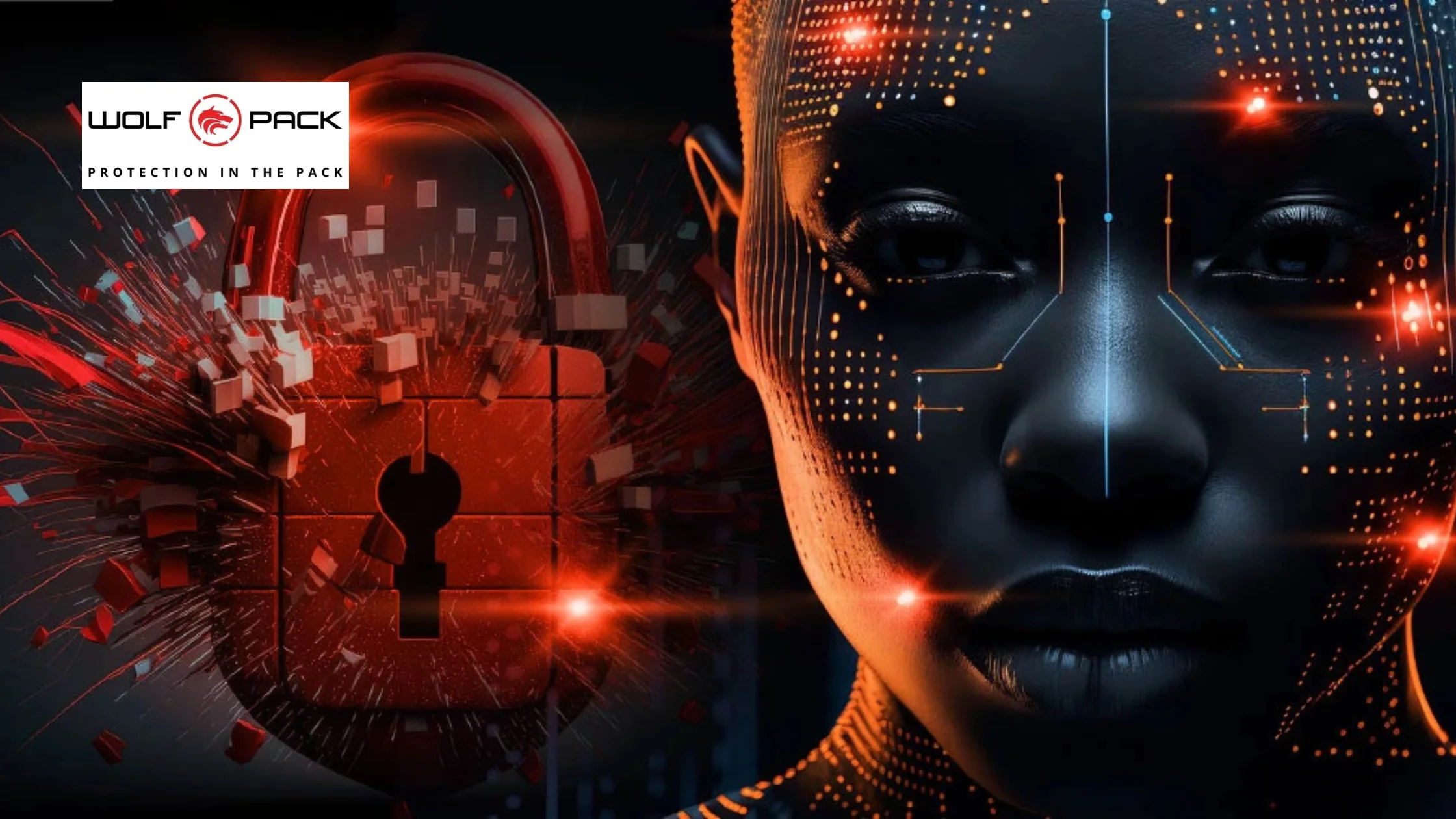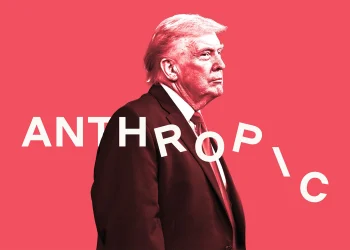Cybersecurity in Africa is no longer optional. Explore how Wolfpack Information Risk is reshaping digital defence for African SMEs and governments.
From fintech in Lagos to healthtech in Cape Town, African businesses are undergoing a radical digital metamorphosis. But as the pace of innovation accelerates, so does the exposure to cyber threats. Cybercrime in Africa now costs over $4 billion annually, and many businesses, especially small and medium-sized enterprises (SMEs) remain dangerously unprepared.
The Cyber Threat Landscape in Africa
In a continent where mobile banking, remote work, and cloud apps are mainstream, the cybersecurity risk is no longer theoretical.
“Our greatest vulnerability is human,” says Monique Rosewarne, an account manager at South Africa’s Wolfpack Information Risk. “Eighty percent of attacks in Africa stem from human error, often simple phishing or QR code scams. And now attackers are using AI to make these threats harder to detect.”
Social engineering remains the most urgent and prevalent form of cyberattack, cutting across industry lines and affecting large enterprises, nonprofits, and individual users alike.

Why African SMEs Remain Vulnerable
The Wolfpack team asserts that no industry is immune. But SMEs in particular are ill-equipped.
“SMEs run point-of-sale devices, process data on cloud apps, and manage customer records, but with zero cyber policies in place,” explains Triston, Wolfpack’s Head of Awareness and Account Manager. “They don’t realise that they’re already digital. And thus, already a target.”
Ironically, the push for cybersecurity readiness is often driven not by regulators but by larger corporate clients enforcing third-party compliance standards.

Wolfpack Information Risk: A South African Case Study
Established over 14 years ago, Wolfpack Information Risk has positioned itself as a vanguard of cybersecurity in Africa. With reach into governments, corporations, and communities, their approach blends technical capability with grassroots education.
Their work spans national security consulting, digital infrastructure hardening, and pro bono partnerships like their initiative with Google.org to help cybercrime victims.
“Education is the most powerful weapon,” says Triston, invoking Nelson Mandela. “We’re here to make cybersecurity understandable and human.”
The Role of AI: A Double-Edged Sword
AI is transforming both offence and defence in cybersecurity. Attackers use AI to craft convincing phishing emails, mimic voices, and automate large-scale scams.
Wolfpack’s response is human-centric: continuous education, red flag awareness, and email threat simulations. Their approach is rooted in the belief that technology alone cannot compensate for human gaps.
Fixing the Policy and Enforcement Gap
African countries like South Africa have implemented legislation such as the Cybercrimes Act and POPIA (Protection of Personal Information Act). Regionally, the Malabo Convention outlines a continental cyber policy framework.
But enforcement lags. “We have laws, but no national awareness campaigns, and limited law enforcement training,” says Rosewarne. “Most cybercrime resolutions only happen when international actors get involved.”
Tiered Cybersecurity for African Businesses
Wolfpack promotes a pragmatic, cost-effective, three-tier cybersecurity framework:
- Essential Baseline: Multi-factor authentication (MFA), endpoint security, and encryption.
- Growth Layer: Cloud-based backups, regular phishing simulations, and employee training.
- Strategic Layer: Policy integration, incident response planning, and regional threat intelligence.
“You don’t need a million-dollar budget,” says Triston. “You need a mindset shift. Cybersecurity should be part of business planning, not an IT afterthought.”
Digital Sovereignty Requires Digital Security
The message from the South African frontlines is clear: we don’t have to wait to be breached before we act. African businesses from startups to state institutions have both the talent and tools. What they need is prioritisation.
Cybersecurity is not just about protection, it’s about trust, investment, and continuity.
Cybersecurity is not just defence. It’s credibility. It’s sovereignty.














